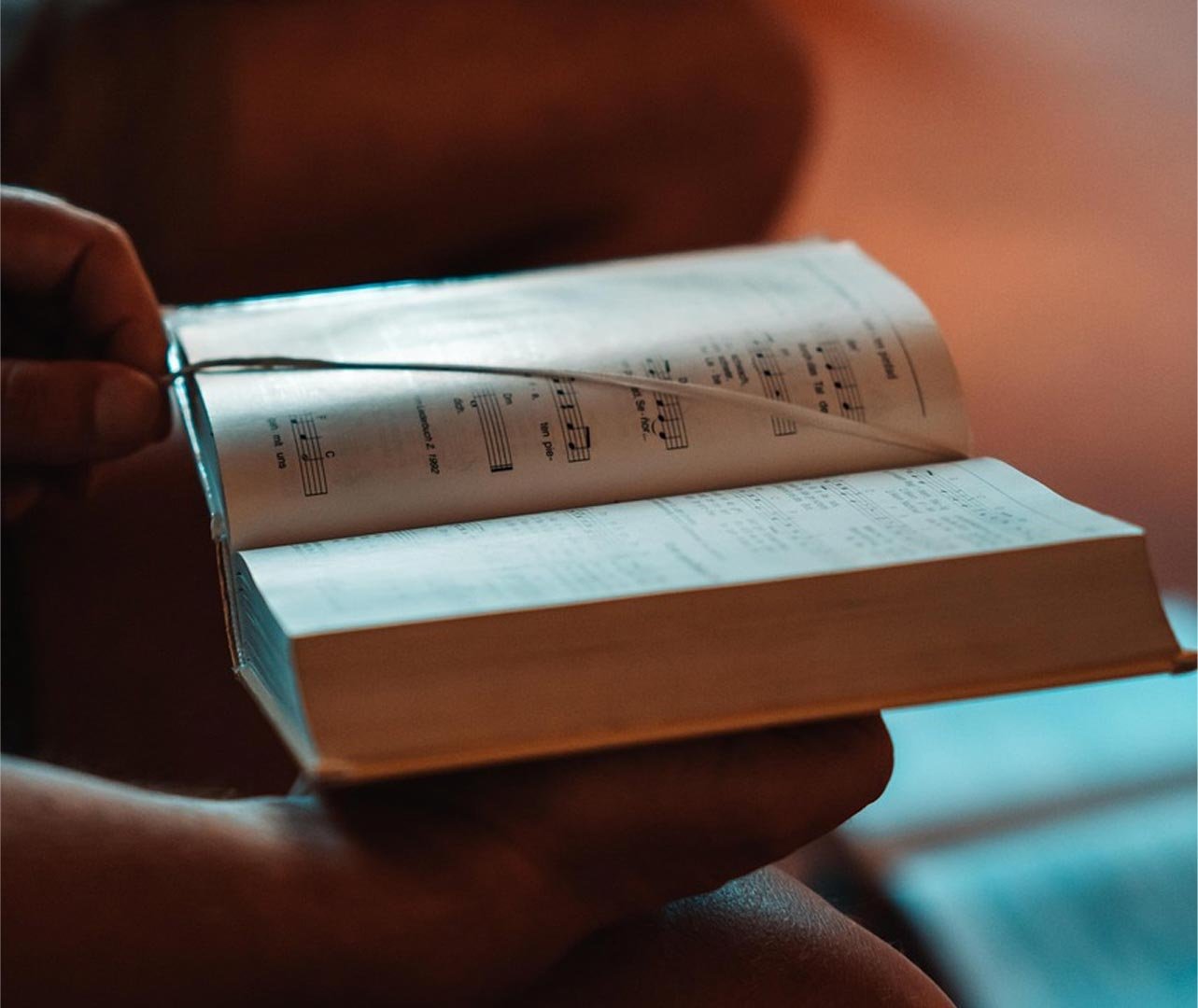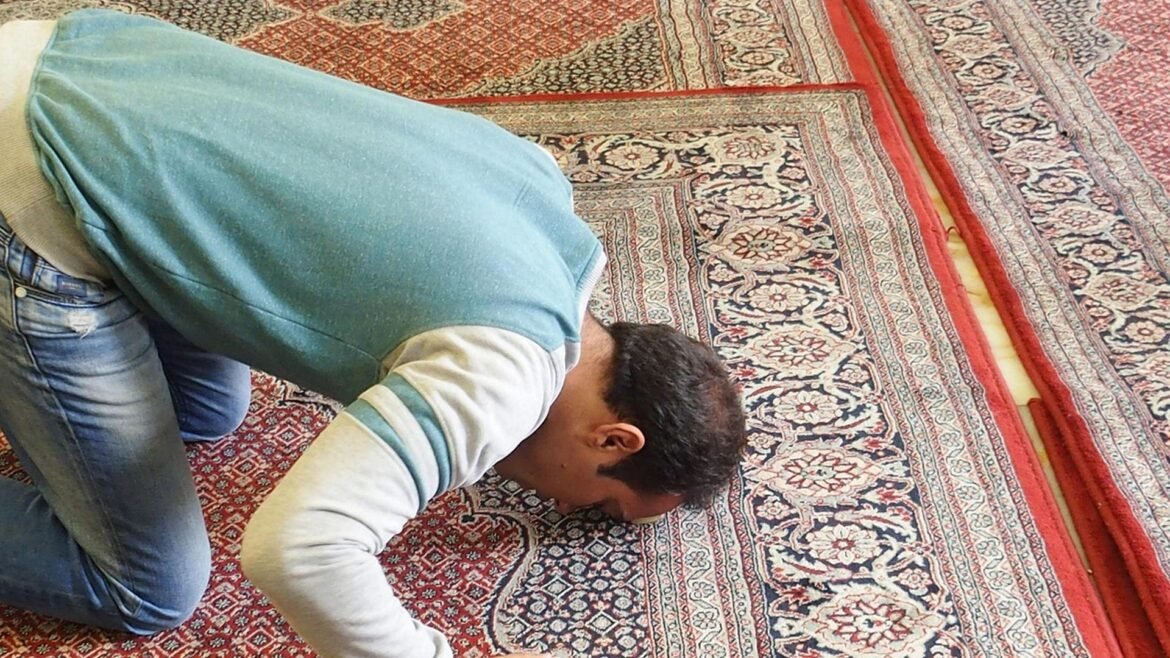Prayer is one of the most underexploited tools in addiction recovery. Which is surprising, considering that multiple studies have found faith-based interventions to be just as effective in treating substance use disorder (SUD) as conventional methods.
According to a study published in the National Center for Biotechnology Information (NCBI), religious involvement plays a crucial part in managing substance use among adolescents.
The significance of religiosity in accelerating addiction recovery explains the widespread use of prayers in Alcoholics Anonymous (AA) sessions. In this post, we look at the role of AA’s 3rd step prayer in fostering trust and surrender.
Unpacking the 3rd Step Prayer
The 3rd step prayer is one of the twelve distinct prayers originated and popularized by Alcoholics Anonymous.
Alcoholics Anonymous is a global fellowship where participants can freely discuss their drinking problems. The organization, which encompasses reformed alcoholics and those still struggling to give up the bottle, supports open but anonymous interactions among its members.
Former addicts can share invaluable tips on how they broke free from the bondage of alcohol use disorder (AUD), as current AUD patients also recount their struggles with alcohol dependence.
To enhance the efficiency of its addiction programs, Alcoholics Anonymous introduced the famous 12-Step Program.
The 12-Step is a series of 12 spiritual principles, each supported by a special prayer for recovery.
The 3rd step prayer AA is essentially the third prayer in Alcoholics Anonymous’ 12-Step Program. It goes;
“God, I offer myself to Thee – To build with me and to do with me as Thou wilt. Relieve me of the bondage of self, that I may better do Thy will. Take away my difficulties, that victory over them may bear witness to those I would help of Thy Power, Thy Love, and Thy Way of Life.”

How the 3rd Step Prayer Reinforces Divine Trust and Surrender
1. Sign of Total Surrender
The first statement in the 3rd step prayer – ‘God, I offer myself to Thee’ – is an expression of total surrender.
It’s a solemn invitation for God to take charge of our steps as we painfully match on to a life of complete abstinence.
Things might have appeared rosy when we first resolved to quit alcohol abuse. However, we soon discover the journey is far from easy, and we must enlist divine intervention.
2. Accepting We’re No Longer in Control
It’s intuitive to rely on our might while fighting substance abuse. After all, it’s our lives at stake.
But unknown to many, addiction is a spiritual warfare that can only be won in the divine realms. By asking God to “build us and do with us as he will,” we’re essentially allowing his infallible will to take preeminence in our lives.
Our lives are wholly his responsibility now. And because we’re his own, he’ll gently hold our hands as we stagger our way out of alcoholism.
3. Seeking Deliverance From Self
The quest for self-aggrandizement can be ironically self-sabotaging.
While we strive to recover from alcoholism, it’s natural to gloat over every accomplishment as though they were entirely our doing.
However, the 3rd step AA prayer challenges us to avoid being too self-absorbed in our achievements that we miss the bigger picture. Those sentiments are concisely expressed in the statement “relieve me of the bondage of self, that I may better do Thy will….”
4. Plea for Ongoing Assistance
It’s one thing to quit drinking. However, staying sober is a whole new ballgame.
By reciting the last sentence of Alcoholics Anonymous’ third-step prayer, we’re pleading for divine intervention to brave the bumpy ride ahead. The line “take away my difficulties” is a solemn prayer to exchange our heavy burdens with God’s lighter yoke.
More importantly, we’re not only pleading for victory for ourselves. We hope our triumphs will inspire other AUD victims also to pursue sobriety.
Photo Credit: Pixabay.com
How to Integrate the 3rd Step Prayer Into Your Lifestyle
1. Establish a Routine
Prayerful people thrive in following strict routines. To harness the powers of the 3rd step AA prayer, say the prayer at designated times every day.
The mornings are preferable, as you can utilize the opportunity to outline your sobriety goals for the day.
2. Speak It Out
It’s true that God can search our hearts and know our desires way before we bring them to him. That said, speaking out our prayers fosters divine connection at a more personal level.
Unless you’re in company, say the 3rd step prayer loudly, one line at a time. Talk to your maker as though he were there with you…because he ever is.
3. Maintain Consistency
Setting a prayer routine is nothing if you aren’t going to stick to it. By saying the third step prayer consistently each day, you’re able to truly internalize the magnitude of each word.
Consistency can also help to reinforce personal discipline, another key principle for recovering addicts.
4. Use a Prayer Journal
Journaling is an effective way to track progress with healthy lifestyle habits. It enables you to list the met and unmet targets, so you can make adjustments where necessary.
Therefore, write down the 3rd step prayer daily as you reflect deeper on each statement.
Tapping Divine Intervention Through The 3rd Step Prayer
Alcoholics Anonymous’ 3rd step prayer is a humble plea for divine intervention. It’s a solemn admission that, while overcoming addiction isn’t always humanly possible, we can tap into a higher power to attain full sobriety.
However, prayer alone isn’t sufficient motivation to pursue a life of cleanliness. We must actively play our role as we seek divine guidance. That entails establishing a healthy routine, dealing decisively with triggers, and reaffirming our commitment to stay sober each morning.
As the old adage goes, – Call upon the name of the Lord, but row away from the rocks.


